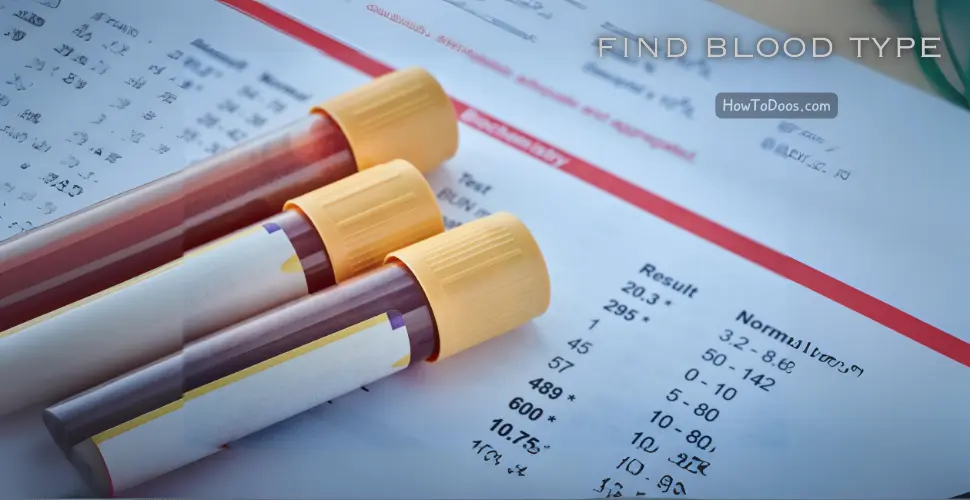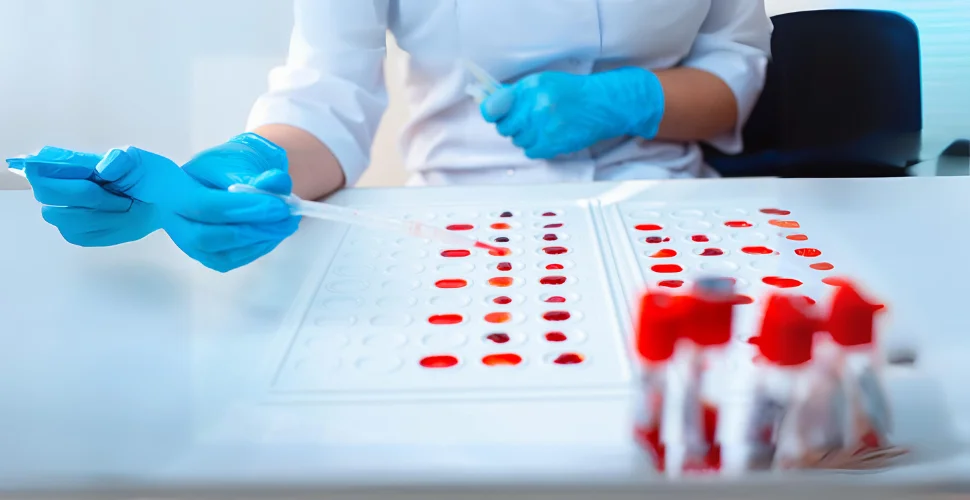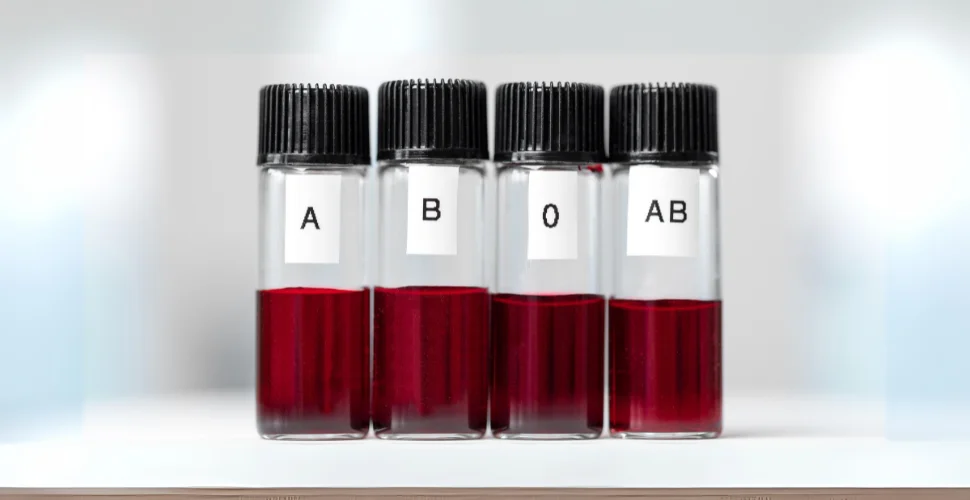How to Find Blood Type – Simple Methods Explained
-
 Michael Brown
Michael Brown - 04 Aug, 2024

Knowing your blood type is important for various medical reasons, including blood transfusions, organ transplants, and pregnancy. Here are several methods to find out your blood type.

Why Knowing Your Blood Type is Important
- Medical Emergencies: In case of a medical emergency, knowing your blood type can save valuable time.
- Blood Donation: Understanding your blood type helps you donate blood more effectively and assist those in need.
- Pregnancy: Certain blood types can cause complications during pregnancy, so knowing your blood type is crucial.
Methods to Find Your Blood Type
1. Check Medical Records
One of the simplest ways to find out your blood type is to check your medical records. Your blood type might be listed in records from previous medical procedures, hospital visits, or blood tests.
2. Ask Your Doctor
If your medical records do not indicate your blood type, you can ask your doctor to perform a blood test. This is a straightforward procedure that can be done during a routine check-up.
3. Blood Donation
When you donate blood, the blood bank will test your blood to determine its type. After donating, you can request this information from the blood donation center.
4. At-Home Blood Type Test Kits
At-home blood type test kits are available for purchase online or at pharmacies. These kits usually involve a finger prick to collect a small blood sample, which you then mix with a solution to determine your blood type.
Steps for Using an At-Home Blood Type Test Kit:
- Clean Your Finger: Use an alcohol swab to clean your finger.
- Prick Your Finger: Use the provided lancet to prick your finger.
- Collect Blood Sample: Place a drop of blood on the test card.
- Add Reagents: Add the provided reagents to the blood sample.
- Read Results: Follow the instructions to interpret the results based on how your blood reacts to the reagents.
5. Request Blood Type Test at a Laboratory
 You can also visit a medical laboratory and request a blood type test. This involves drawing a blood sample, which is then analyzed to determine your blood type.
You can also visit a medical laboratory and request a blood type test. This involves drawing a blood sample, which is then analyzed to determine your blood type.
Understanding Blood Types
Blood types are determined by the presence or absence of specific antigens on the surface of red blood cells. The major blood groups are:
- A
- B
- AB
- O
Each of these can be positive or negative, depending on the presence of the Rh factor.

Summary
Knowing your blood type is crucial for medical emergencies, blood donation, and other health-related scenarios. You can find out your blood type by checking medical records, asking your doctor, donating blood, using at-home test kits, or visiting a laboratory. Understanding your blood type can provide peace of mind and prepare you for various medical situations.


